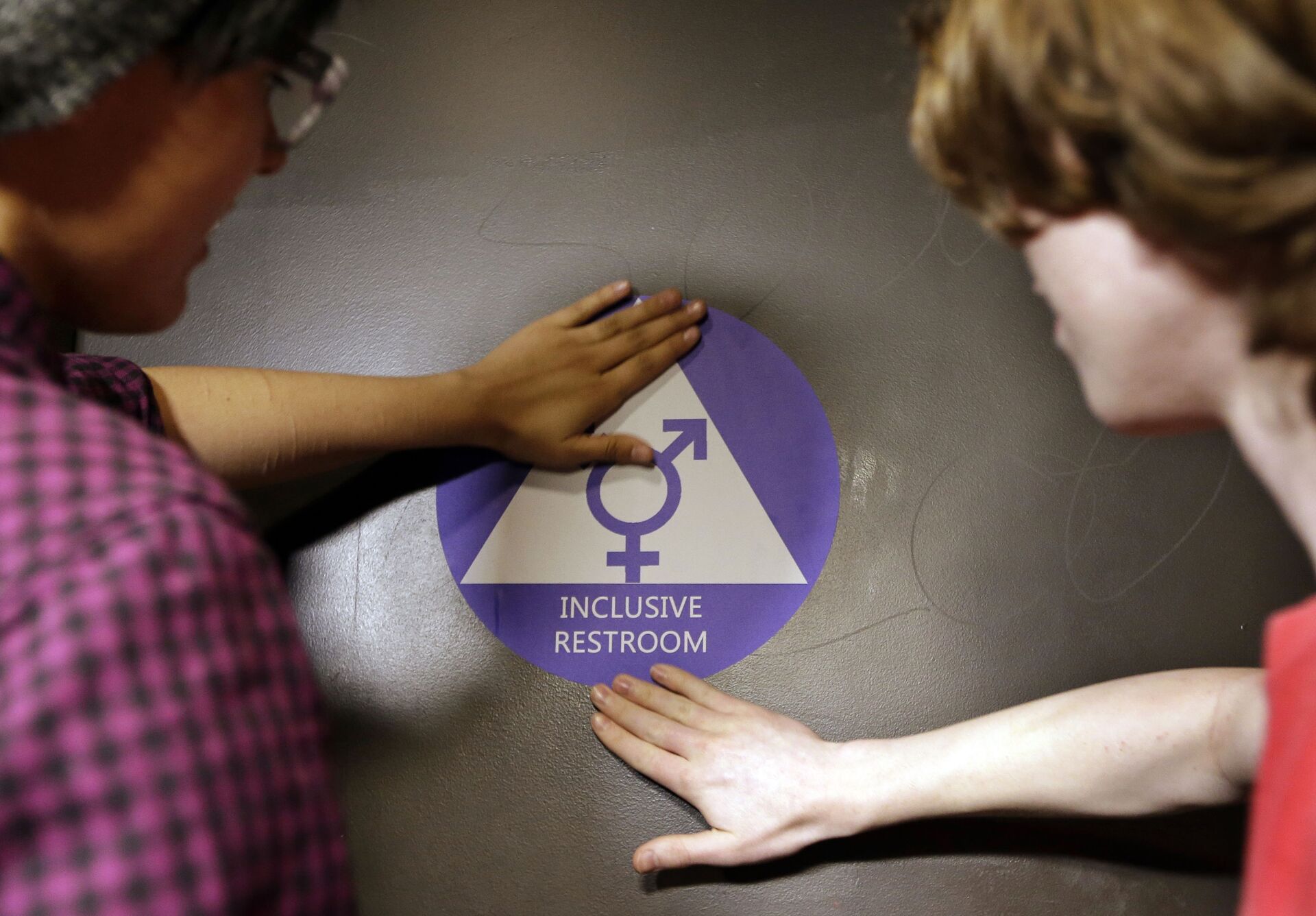German Politicians Slam University Guidelines to Implement ‘Gender-Neutral’ Language

© AP Photo / Gero Breloer
Subscribe
Unlike English, some European languages, including German, has gendered nouns. Debates continue in recent years about the use of nouns and pronouns to suit people of "all genders". However, polls show that a majority of Germans are opposed to these language changes.
The minister-president of Bavaria, Markus Söder, also the leader of the Christian Social Union in the state (CSU), on Friday criticized “gender-neutral” language in Germany's higher education establishments, claiming that the practice indicates a war against the use of masculine and female nouns.
Speaking to the Augsburger Allgemeine newspaper, Söder said that he had ordered a review of guidelines he claims are “indoctrination.” He stated that language cannot be “prescribed” and offered that students who don’t follow what he described as “neutral language” rules should not be punished.
“Bavaria is a free state, not an indoctrination state. Anyone may use language however they want but everyone should make sure to show sensitivity and respect in their language,” he pointed out.
Söder claimed that people should not use the terms “parent one” and “parent two.”
“You should be able to go on saying' mother and father. You don't have to say parent one and parent two. I don't want to be addressed by my children as parent,” he said.
A member of the Bundesrat and Bavarian for Science and Art, Bernd Sibler commented on the decision, stressing that the guidelines issued by universities may contain recommendations that he doesn’t want to press on. He noted, however, that he supports Söder’s complaints and asked Bavarian universities to reconsider their recommendations on gender language rules.
Last month, nine universities in southwestern Germany, including the universities of Konstanz and Stuttgart, issued guidelines for professors and students, advising them to avoid the use of certain linguistic forms and words that indicate gender.

Destin Cramer, left, and Noah Rice place a new sticker on the door at the ceremonial opening of a gender neutral bathroom at Nathan Hale high school Tuesday, May 17, 2016, in Seattle
© AP Photo / Elaine Thompson
The move followed a recommendation by the German language regulator, the Council for German Orthography, issued in 2018 for gender-neutral terminology, saying that Germans should "pay attention to different writing styles to describe the different genders,” but rules cannot be implemented forcibly.
A survey this summer suggested that 71 percent of Germans do not support gender-neutral words while watching TV. 25 percent of respondents support gender-neutral language.
Six percent found “gender-equitable” language in the media “very important” and 20 percent opted it as “important,” compared to the 48 percent of poll respondents who suggest that gender-equitable language in the media is “not at all” important or “not so important.”


